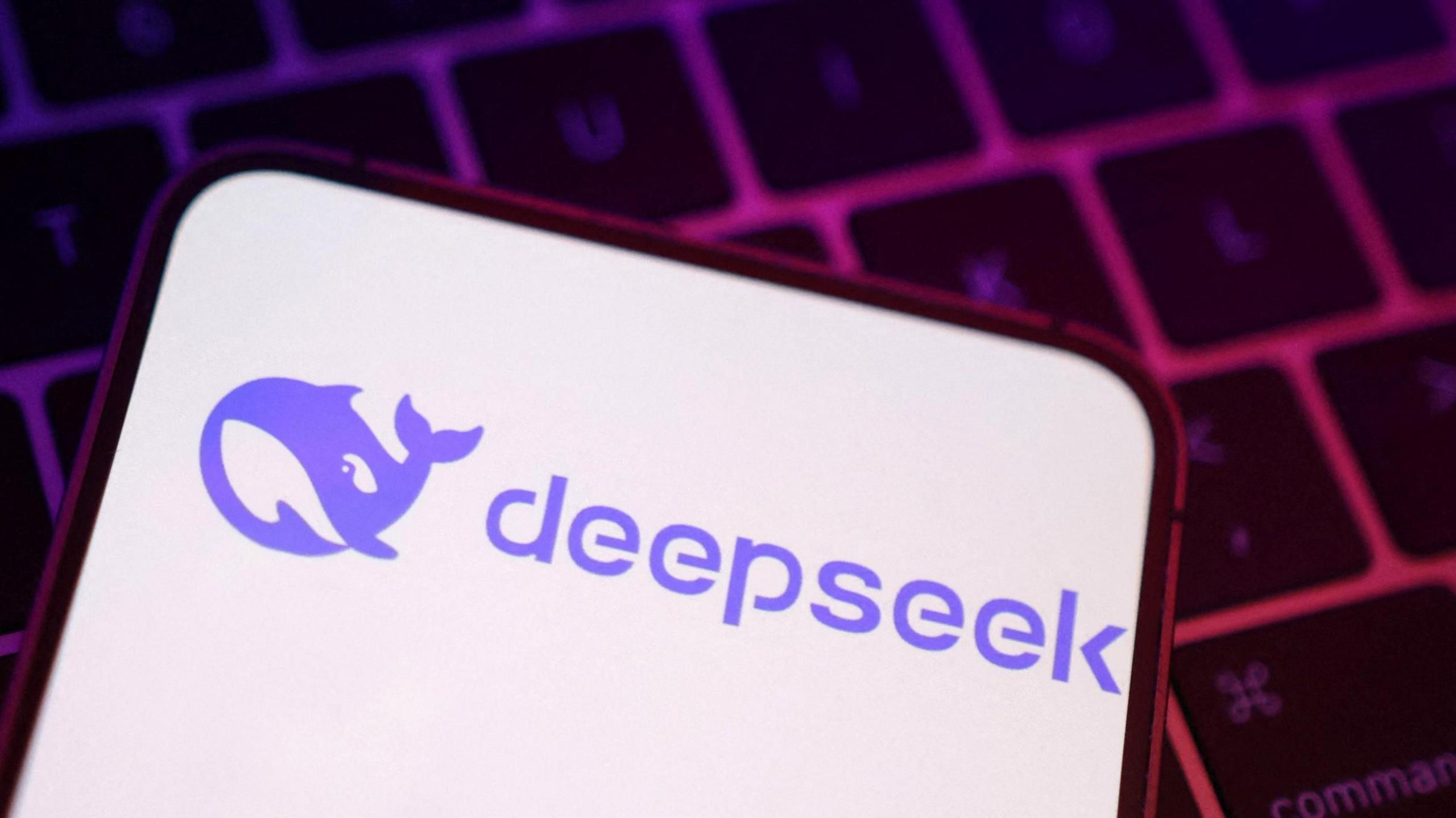The rapid emergence of the Chinese AI app DeepSeek has shaken the global technology industry, rattled markets, and dented America’s confidence in its dominance of artificial intelligence.
Venture capitalist Marc Andreessen called the app’s debut a pivotal moment. “DeepSeek-R1 is AI’s Sputnik moment,” he posted on X, referencing the Soviet satellite that launched the space race.
DeepSeek became the most downloaded free app on Apple’s U.S. App Store over the weekend. By Monday, its release had triggered a sell-off in major tech stocks as fears grew over America’s lead in the AI sector.
Nvidia, a leader in AI chip design, saw its shares plummet by 17% by the close of U.S. markets on Monday, erasing nearly $600 billion in market value. According to Bloomberg, it marked the largest single-day loss in U.S. stock market history.
The upheaval stems largely from DeepSeek’s reported development costs. While OpenAI, the maker of ChatGPT, spent $5 billion last year, DeepSeek’s creators claim their latest model cost just $5.6 million to develop.
This stark contrast has sparked skepticism in Silicon Valley. Gene Munster, a veteran tech analyst, questioned the financial claims. “I still think the truth is below the surface,” he said, suggesting the startup may be subsidized or withholding key details. Despite the doubts, Munster admitted the chatbot’s performance is “surprisingly good.”
The timing of DeepSeek’s debut added to the shock. Just last week, OpenAI CEO Sam Altman and Oracle Chairman Larry Ellison joined President Donald Trump to announce “Stargate,” a $500 billion private AI investment initiative. The event, framed as a showcase of U.S. AI dominance, now seems overshadowed by China’s sudden flex in the sector.
For years, the U.S. has relied on its superior data centers and cutting-edge chips to maintain a lead in AI, even as China dominates rare-earth metals and engineering talent. DeepSeek’s launch, however, challenges assumptions about the resources required to develop advanced AI systems.
DeepSeek founder Liang Wenfung’s hedge fund, High-Flyer, reportedly stockpiled the GPUs critical to AI development, including Nvidia’s H800 chips. While these chips comply with U.S. restrictions on higher-powered technology exports to China, their use in DeepSeek has prompted calls for policy reviews under the new Trump administration.
DeepSeek’s reliance on open-source software and existing technology further underscores its cost efficiency. The app’s success raises questions about whether U.S. companies can maintain their competitive edge in an evolving AI landscape.
Altman, who was largely silent on Monday, later acknowledged DeepSeek’s impact on X, calling it “impressive” and adding that competition is “invigorating.”
As the U.S. grapples with DeepSeek’s implications, parallels to the Sputnik era abound. The surprise launch of the Soviet satellite spurred innovation and competition in the space race. Now, the question is whether DeepSeek’s debut will do the same for AI — and how the U.S. tech sector will respond.

